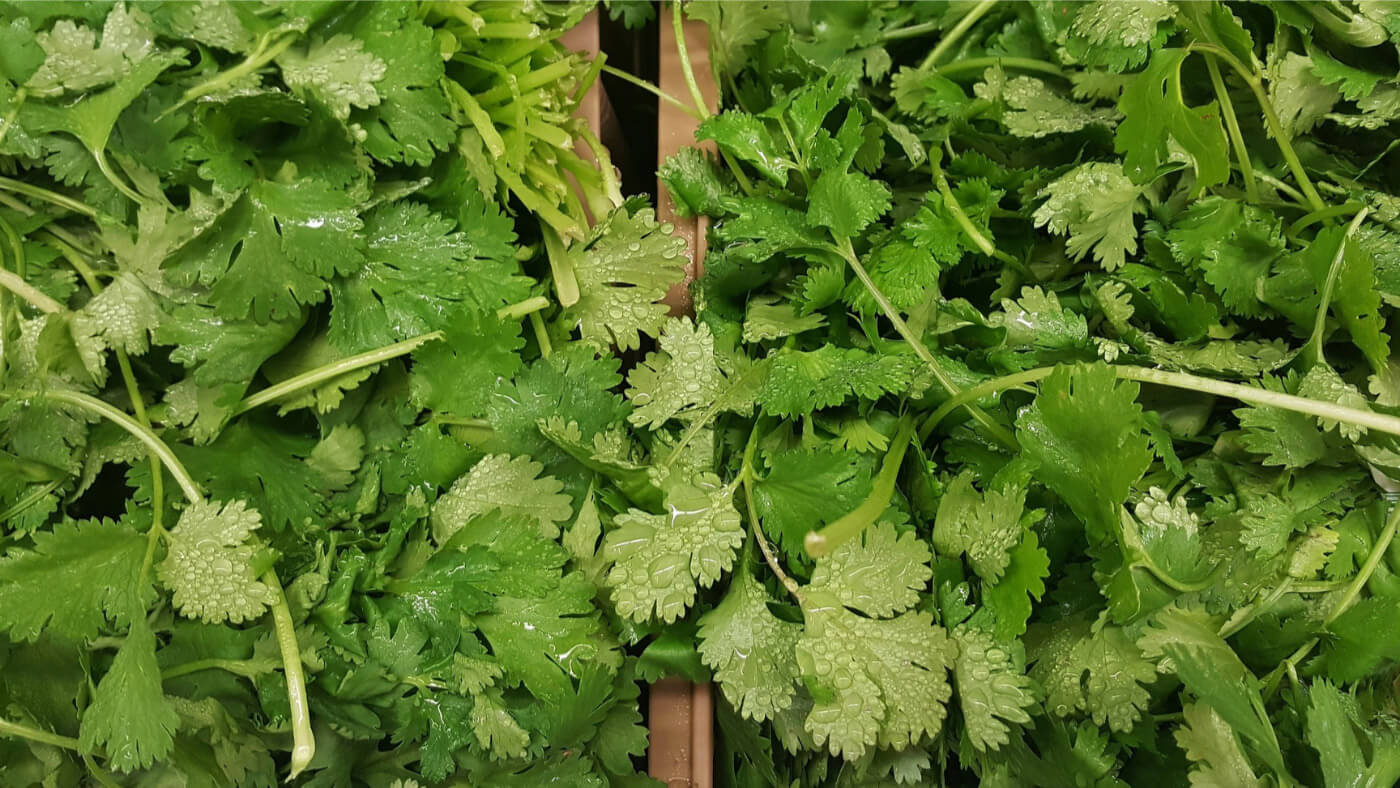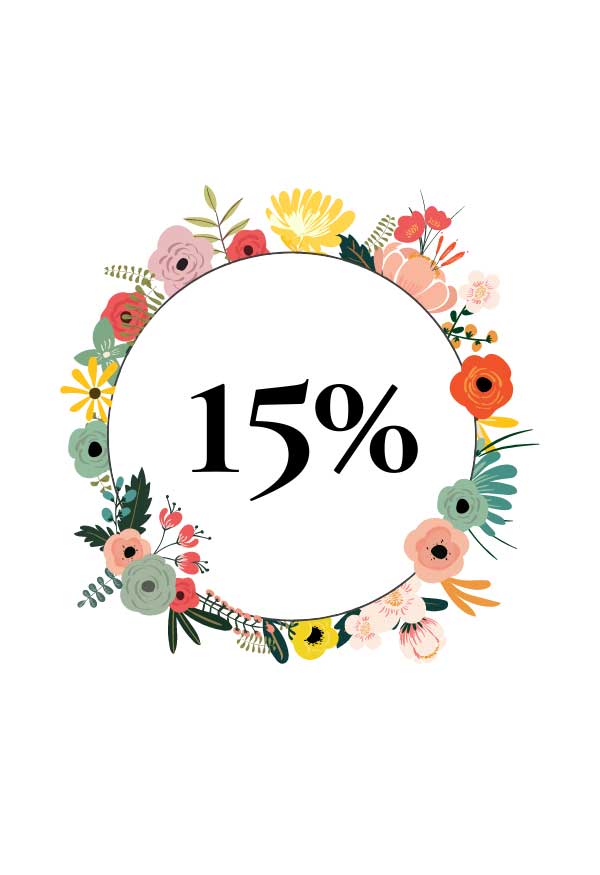| Common name(s): |
coriander, cilantro, Chinese parsley, dhania |
| Family: |
Apiaceae/Umbelliferae
|
| Origin: |
Mediterranean, southern Europe |
| Parts used: |
leaves, seeds |
| Constituents: |
essential oils, linalool, α-pinene, γ-terpinene, geranyl acetate, camphor, geraniol, vitamins and minerals (vitamin A, C, B6, magnesium, calcium, phosphorus, iron), fibres
|
| Therapeutic actions: |
antifungal, antioxidant, hypolipidemic, antimicrobial, hypocholesterolemic, anticonvulsant |
| Organs or systems affected: |
digestive system, immune system, skin, cardiovascular system, skeletal system
|
| Main medicinal uses: |
- keeps cholesterol level in check
- sustains bones healthy
- maintains blood pressure
- improves anemic condition
- helps calm sleep
|
| Counterindications: |
Generally regarded as safe. It was seen to cause irritation of the skin in certain individuals. Pregnant women should avoid excess consumption of coriander without consulting with a trained medical professional. |



